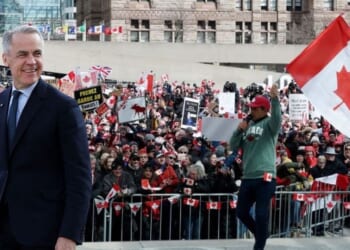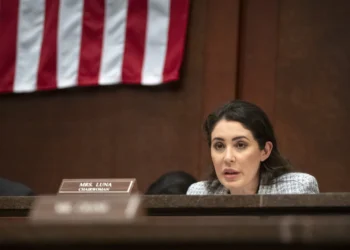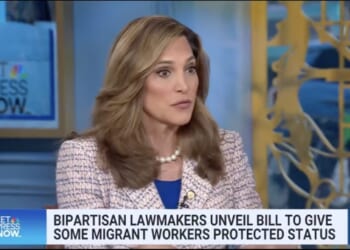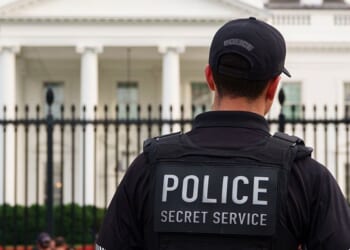We are six months into Donald Trump’s presidency, and the war that he had pledged to end “within 24 hours” is raging as fiercely as ever.
After all his talk of walking away from forever wars, Trump has backtracked, sending Patriot missiles to Ukraine, threatening Russian President Vladimir Putin with 100% tariffs and, according to reports, quietly approving Ukrainian strikes against Moscow.
His new approach is welcome. If Trump is finally getting tired of Putin’s deceits, so much the better. Still, it is hard to see how his new line will shorten the war.
Vice President JD Vance summarized the Trump Doctrine as follows: “Define a clear American interest. Push hard through diplomacy. If that fails, strike fast, win quick, and get out — before it becomes another endless war.”
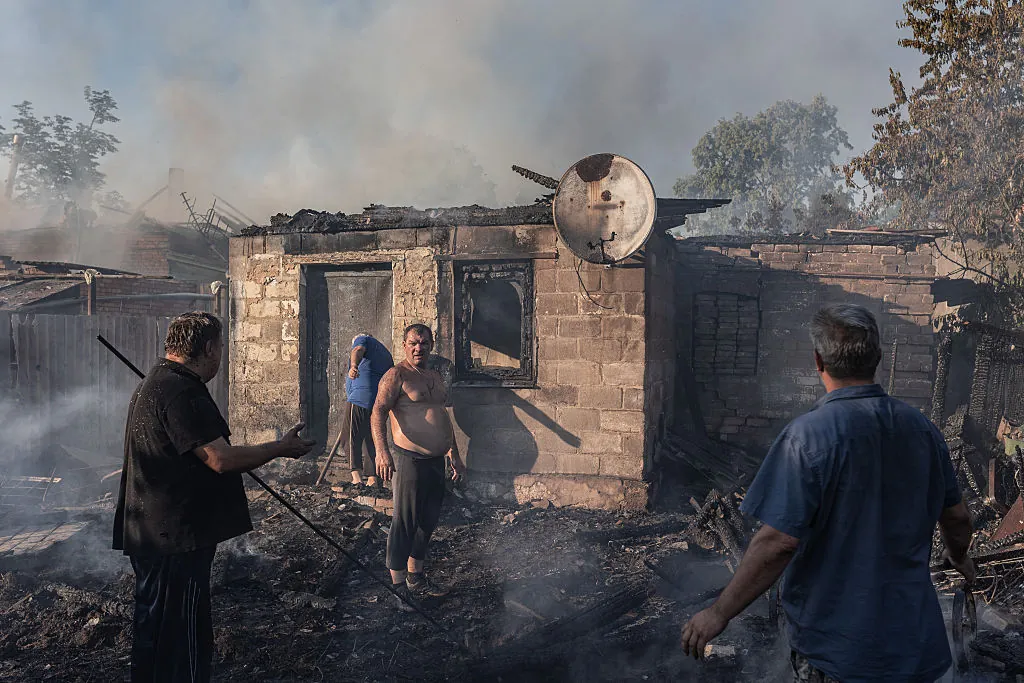
Yet, oddly, Trump withdrew aid from Kyiv just when it was needed and has now restored it just when it is too late. In effect, if not in intention, he is likely prolonging the war.
Putin’s original plan was a swift regime change. It failed because it was predicated on mass defections from Ukrainian security forces, which, in the event, did not happen — reportedly because the billions of rubles that were supposed to have been disbursed in bribes were instead embezzled by Russian intelligence.
Once the initial invasion was checked, the two sides adopted the only realistic strategies open to them. Russia, which has four times Ukraine’s population and 10 times its GDP, aimed to win by sheer weight of numbers, while Ukraine tried to exhaust Russia, to sap its morale and to encourage internal resistance, a strategy that came within an ace of success in June 2023 when Yevgeny Prigozhin’s private army marched on Moscow.
At the end of 2024, things hung in the balance. Russia was advancing, but at a pace and cost that recalled the worst of World War I trench warfare. Ukraine started to hit Russian assets far behind the front lines — as far, indeed, as Murmansk and Moscow. The sheer cost to Russia of diverting men and resources was telling, for, unlike Ukraine, it did not have Western funds to keep it afloat. Another Prigozhin-style mutiny looked possible, backed by oligarchs who had had enough of the economic destruction caused by one man having read too many history books during lockdown.
Then came Trump’s election, the withdrawal of military collaboration, and his public slapping about of Ukrainian President Volodymyr Zelensky. Putin seemed to swell physically, and Ukraine’s fighting spirit was shattered. Quite how badly shattered is not widely reported in the West, but there is a fin-de-siècle feel in Kyiv.
We are reluctant to dwell on Zelensky’s authoritarian tendencies, perhaps fearing that, by doing so, we are repeating Kremlin talking points. In truth, the case for defending Ukraine was never based on the character of its government, but on the fact that it had been attacked without provocation in defiance of a treaty that had been guaranteed by both Russia and the United States.
We should not avert our eyes from what is happening. Zelensky’s crackdown on opposition politicians, originally aimed at Russian sympathizers, is now being turned indiscriminately against other pro-Western parties. The former president, Petro Poroshenko, is among 5,000 Ukrainians to have been sanctioned and expropriated under emergency laws. Because no one has accused Poroshenko of being soft on Russia, it is hard to avoid the suspicion that his real crime is to be popular at a time when Zelensky’s approval ratings are in single figures.
Two deputy prime ministers, Oleksiy Chernyshov and Oleksandr Kubrakov, are among those being investigated for embezzlement and treason. Perhaps most shocking, Vitaliy Shabunin, the chairman of the Anti-Corruption Action Centre, has been charged with corruption. His crime? Almost certainly to have criticized a law on procurement that allows the Defense Ministry to exempt favored companies from criminal liability. In other words, criticize genuine corruption, and you will have bogus corruption charges brought against you.
RUSSIA LAUNCHES LARGE-SCALE ATTACKS ON UKRAINE AFTER TRUMP 50-DAY PEACE ULTIMATUM
To repeat, the case for supporting Ukraine never depended on the nature of its government. Poland in 1939 was hardly a model democracy, but that did not justify its partition between Adolf Hitler and Joseph Stalin. My point is simply that it looks increasingly as though the men around Zelensky believe they are on their way out and are grabbing what they can. It is hard to imagine anything worse for national morale.
Having left Zelensky to swing when he needed help, Trump has decided to offer help when it is almost certainly too late. No doubt, his followers will explain that it is all a clever game of 3D chess, but from the outside, it makes no sense.




